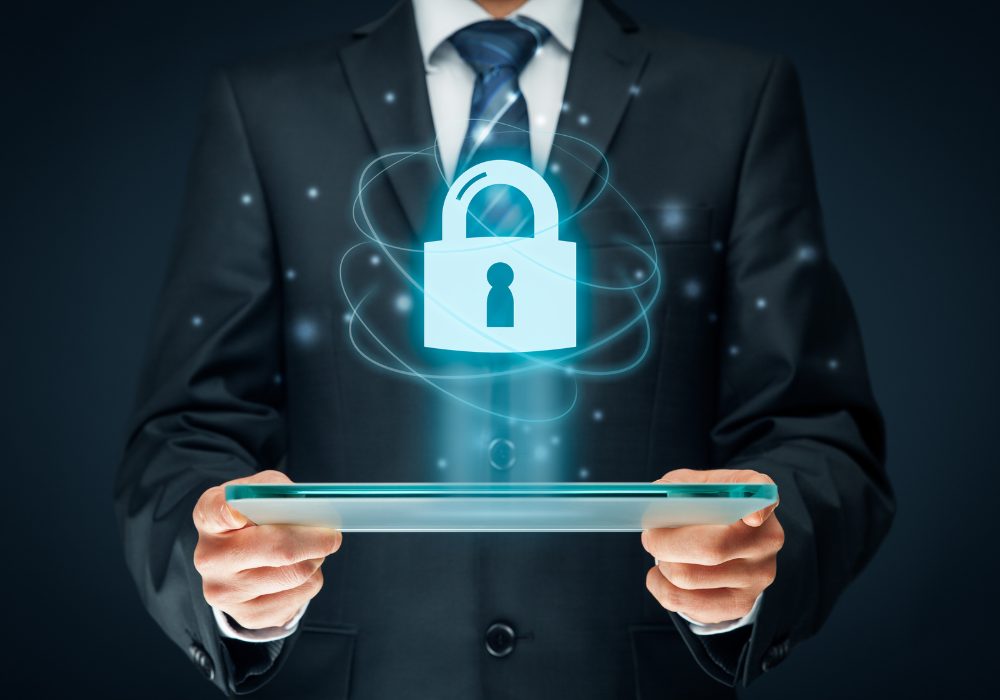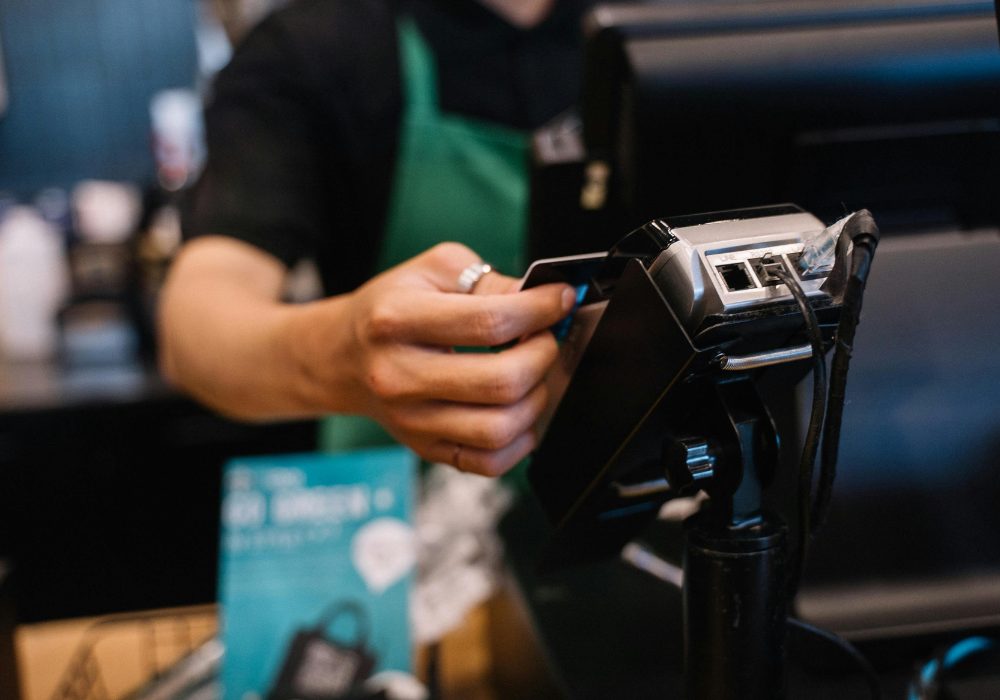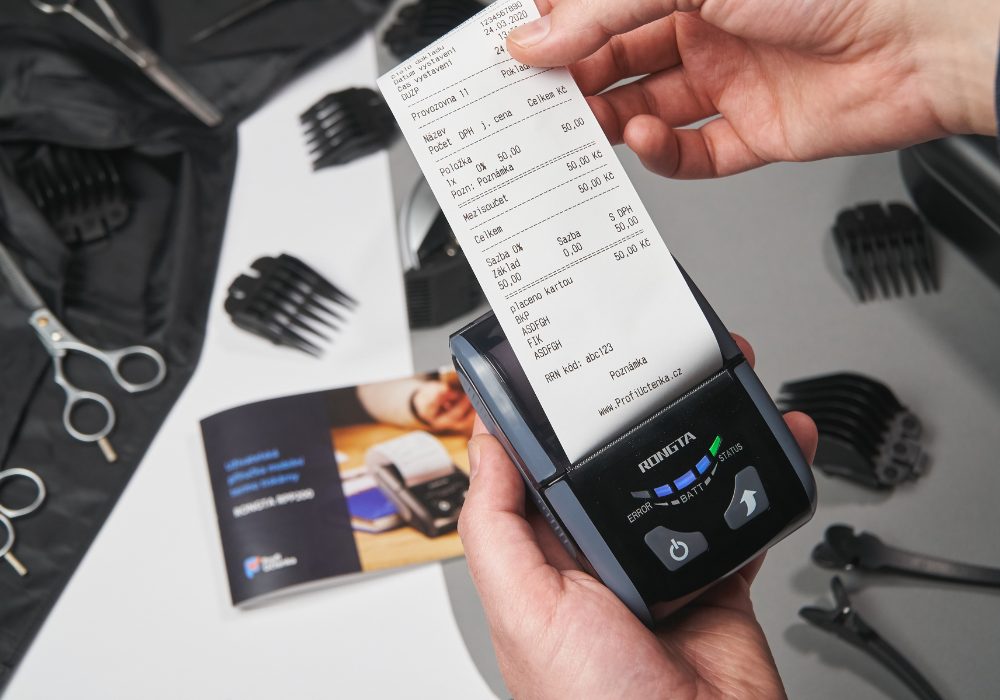|
In an increasingly digital world, data security is a top priority for businesses—especially in retail environments where sensitive customer information is frequently processed. A Point of Sale (POS) system plays a crucial role in facilitating transactions, but it also becomes a potential target for cyber threats. Understanding how POS security features protect customer and business data is essential for safeguarding both your reputation and bottom line. This article explores the various security features of modern POS systems and how they protect both customers and businesses from data breaches, fraud, and other security risks. The Importance of POS SecurityWhy POS Security MattersPOS systems are central to most retail operations, processing payment information, sales data, and customer details. Without proper security measures, this data is vulnerable to cyberattacks, leading to:
As a result, implementing robust POS security features is crucial for protecting sensitive data and ensuring the safe operation of a business. Key POS Security Features to Protect Data1. Encryption of Payment DataHow Encryption WorksEncryption is a fundamental security feature for POS systems. When a customer makes a payment, the payment details are encrypted before being transmitted to the payment processor.
This encryption ensures that payment data is secure, even if the communication is intercepted. 2. Secure Login and AuthenticationProtecting Access to POS SystemsOne of the simplest yet most effective ways to secure a POS system is through strong authentication mechanisms.
Secure login and authentication protect the system from unauthorized access, ensuring that only trusted personnel can interact with customer and business data. 3. Real-Time Monitoring and AlertsDetecting and Preventing FraudModern POS systems feature real-time monitoring tools that continuously track transactions for signs of fraudulent activity. These features help detect suspicious patterns such as:
If any red flags are detected, the system can send alerts to management, allowing for quick intervention to stop fraudulent activities before they escalate. 4. POS System Software Updates and PatchesKeeping the System SecureRegular software updates and security patches are crucial for protecting against new vulnerabilities. Cybercriminals often exploit software flaws, so staying up-to-date with the latest updates is necessary for maintaining POS security.
By regularly updating POS software, businesses can stay ahead of emerging threats and maintain a secure environment.
5. Compliance with PCI DSS StandardsAdhering to Industry RegulationsThe Payment Card Industry Data Security Standard (PCI DSS) is a set of security guidelines designed to protect credit card data. All businesses that process credit card payments must comply with these standards to avoid penalties and ensure customer data security. Key requirements include:
Compliance with PCI DSS ensures that your POS system meets the highest industry standards for data protection and fraud prevention. 6. Physical Security of POS DevicesSecuring the HardwareIn addition to digital security, physical security is critical in preventing theft or tampering with POS devices. To enhance the security of POS terminals:
By protecting the physical hardware, businesses can prevent unauthorized access and reduce the risk of theft or data tampering. The Benefits of Strong POS Security1. Customer Trust and ConfidenceCustomers expect businesses to protect their payment information. A secure POS system reassures them that their data is safe, leading to increased trust and repeat business. 2. Avoiding Legal and Financial ConsequencesA data breach can result in significant legal costs, fines, and lawsuits. Complying with security standards like PCI DSS helps avoid these risks while safeguarding your reputation. 3. Reducing the Risk of FraudWith real-time monitoring, encryption, and secure authentication, businesses can significantly reduce the likelihood of fraud, theft, and chargebacks. 4. Operational ContinuityBy preventing breaches, malware, and system downtime, POS security ensures that your business runs smoothly without disruptions to sales or service. Conclusion: Protecting Data Is a Continuous EffortPOS security is not a one-time task—it requires ongoing vigilance, regular updates, and proactive measures to stay ahead of evolving cyber threats. By investing in strong security features and practices, businesses can protect both customer and business data, maintain customer trust, and avoid costly breaches. In the digital age, safeguarding POS systems is essential for both the long-term success of your business and the privacy of your customers. |
How POS Security Features Protect Customer and Business Data

13
مايو



